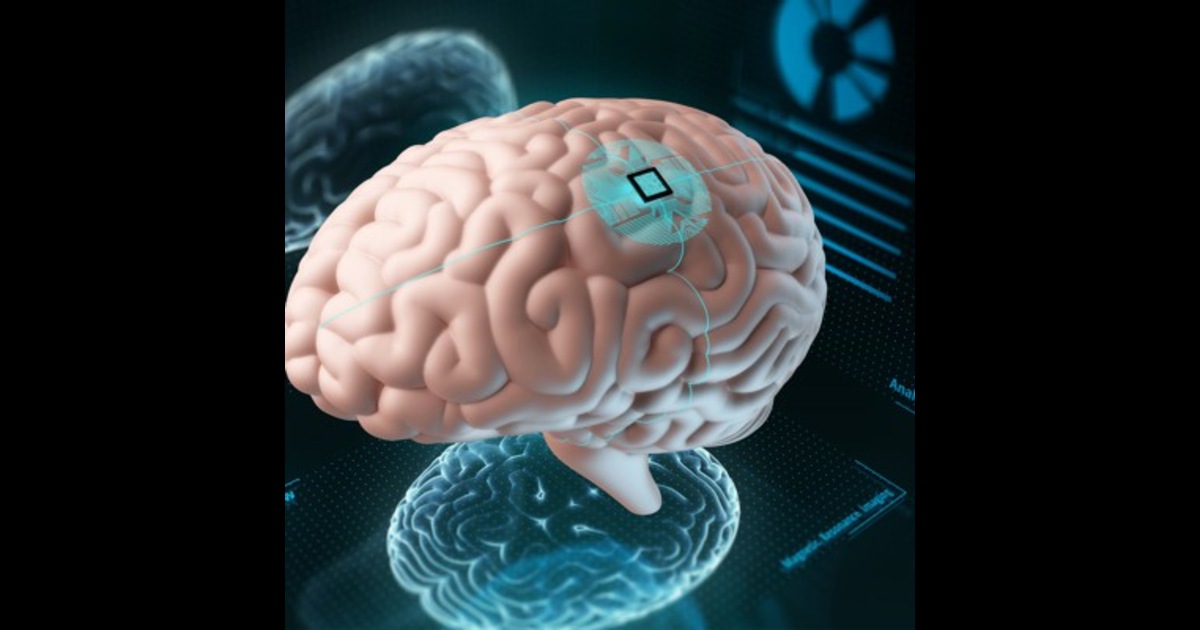In a groundbreaking development, engineers have crafted a tiny wireless brain implant that could revolutionize the way we interact with our electronic devices. Let’s learn more!
New Wireless Brain Implants Can Revolutionize Mind Control
This remarkable innovation has the potential to enable individuals to control their gadgets and access the internet solely through the power of their thoughts. The study, recently published in Nature Electronics, brings us one step closer to a future where our minds have the ultimate say over our technology.
Purdue University’s research team, led by Shreyas Sen, has been at the forefront of electric field communication around the human body for the past eight years.
They’ve introduced pioneering technologies like EQS-HBC (electro-quasistatic human body communication), which is now on the brink of commercialization. The latest brain implant development takes this technology to astonishing new heights.
This innovative brain implant relies on a two-step process known as biphasic quasistatic brain communication. It unfolds gradually within the brain and is small enough to fit on a dime. Astonishingly, it can sense neural impulses and wirelessly transmit this data to a pair of headphones, all without the need for a computer or any other intermediary device.
What sets this technology apart is its “quasistatic” nature, indicating that it operates at a relatively low level of neural signal intensity. Previous attempts at linking neural signals to external devices have existed, but none have achieved the high-bandwidth wireless communication demonstrated by this implant.
The implantation process involves a bilateral craniotomy, where a portion of the skull is surgically removed to expose the brain. Doctors then refine the skull to ensure optimal connectivity with the implant. Unlike Elon Musk’s Neuralink, which relies on electrodes, this implant is untethered from the brain.
This remarkable “brainternet” interface taps into the body’s innate ability to generate tiny electrical signals that form a “broadband” channel across the body. This, in turn, facilitates high-bandwidth interactions between these signals and computers.
Shreyas Sen explained the significance of this invention, stating, “With this invention, the human brain ‘gets its own broadband.’ Most notably, we found that electric field-based communication in the brain provides an extremely high bandwidth and moderate loss channel for high-speed communication between implants and wearables directly.”
The implications of this development are staggering. Not only could it enable seamless mind-control of electronic devices, but it also opens doors to gaining crucial insights into various neurological disorders like Parkinson’s disease, Tourette syndrome, epilepsy, depression, anxiety, and obsessive-compulsive disorder.
As we stand on the precipice of this technological frontier, the prospect of direct brain-to-device communication is tantalizingly close. With each new breakthrough, we move one step closer to a future where our thoughts become the ultimate interface with the digital world.








Leave a Reply
You must be logged in to post a comment.